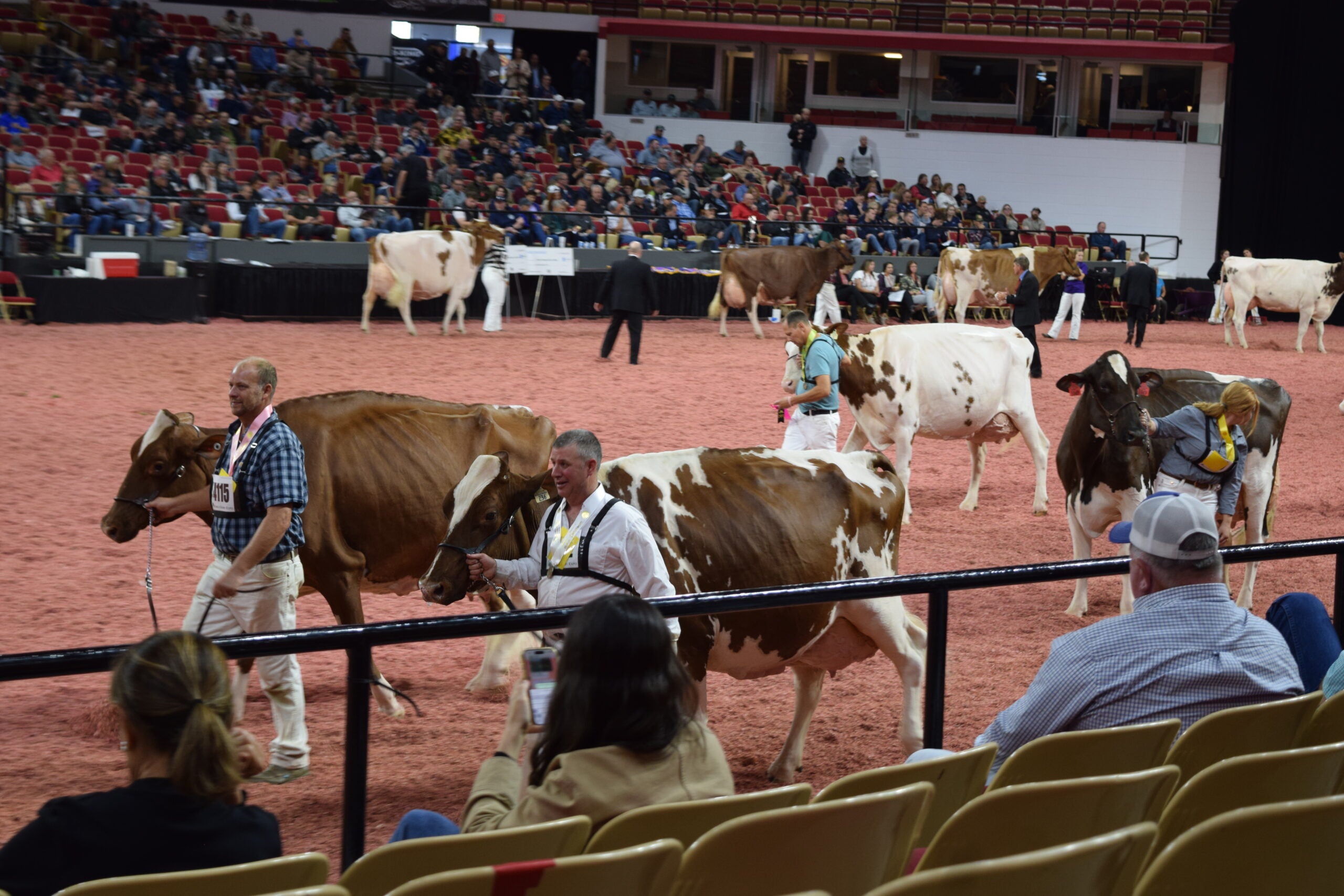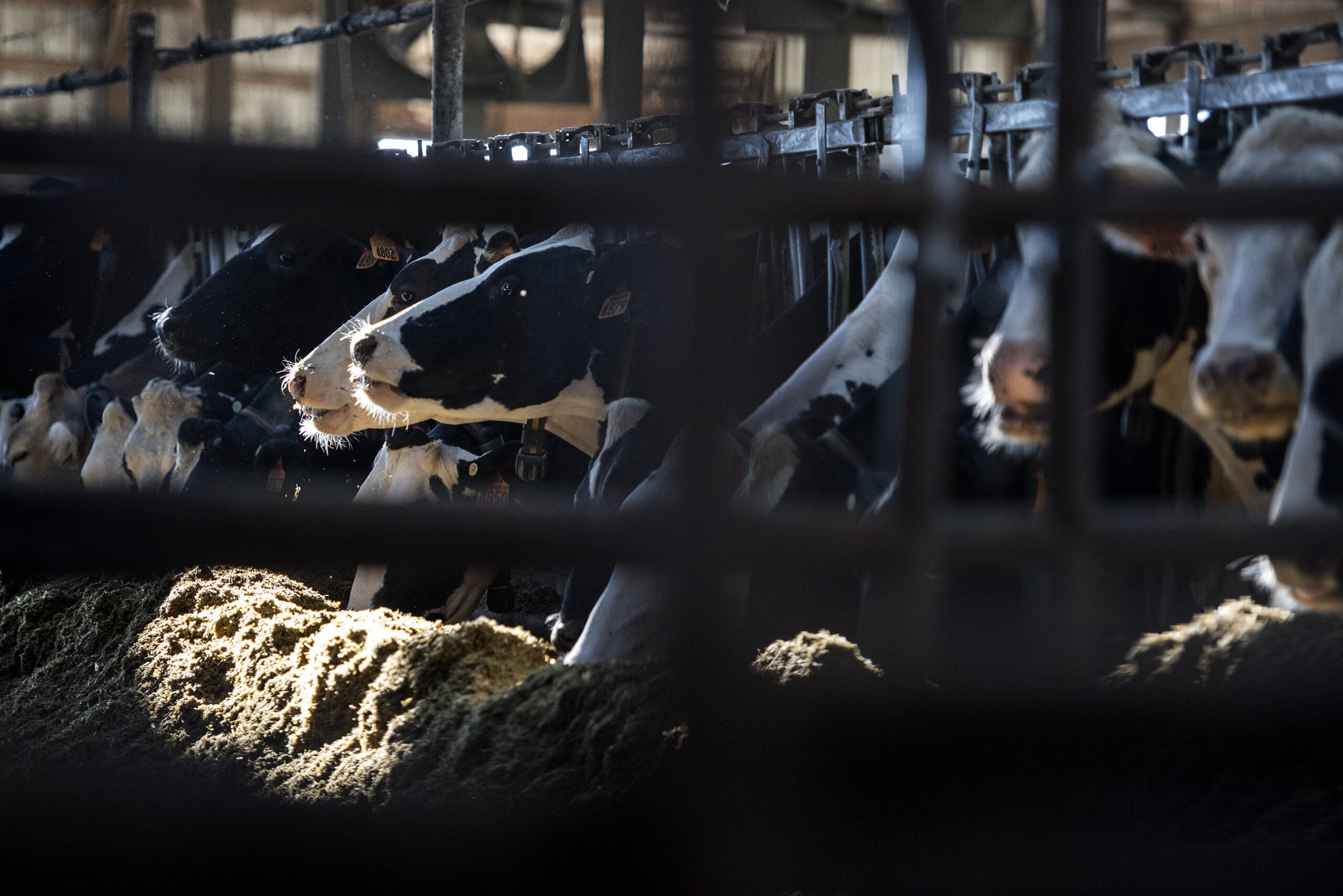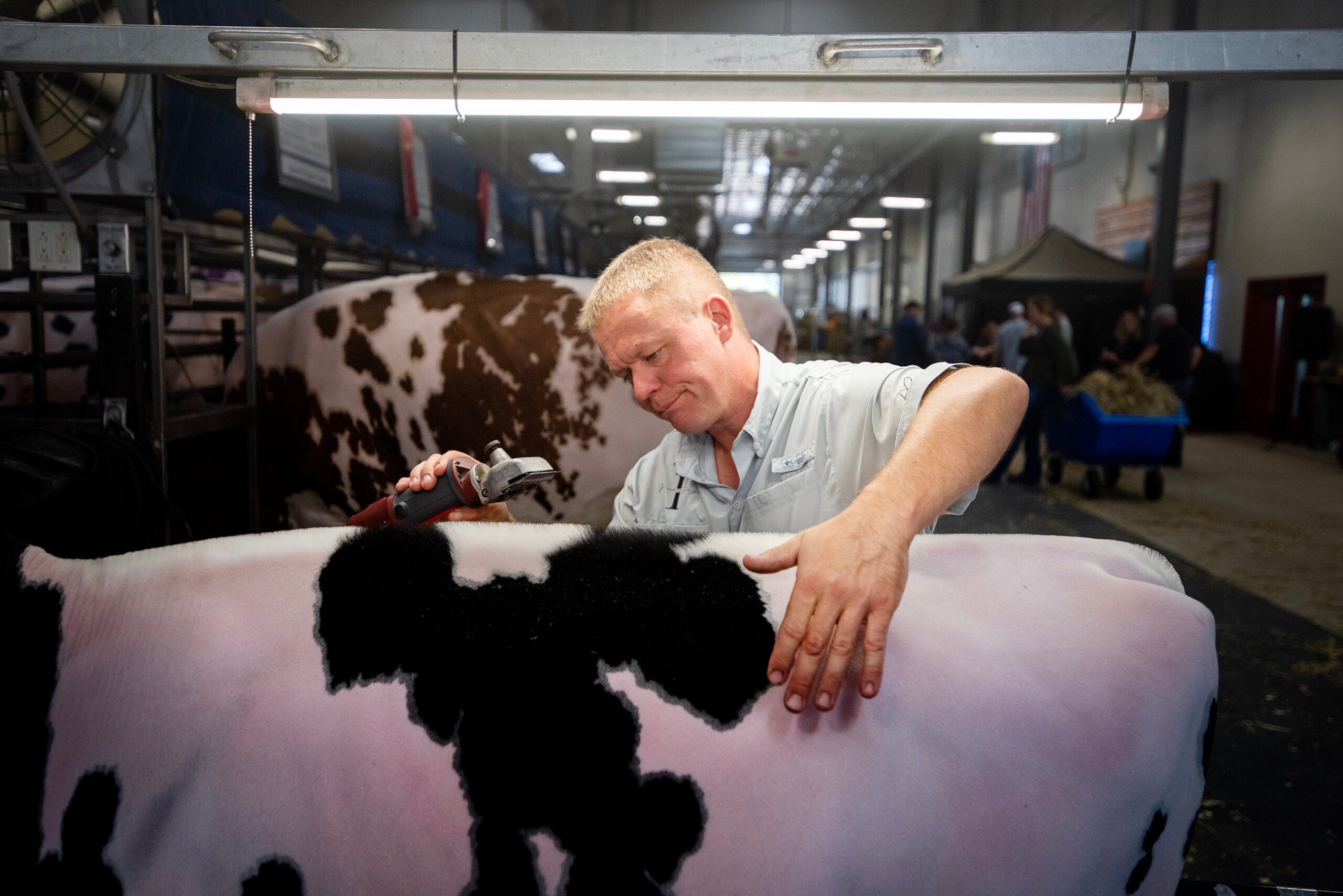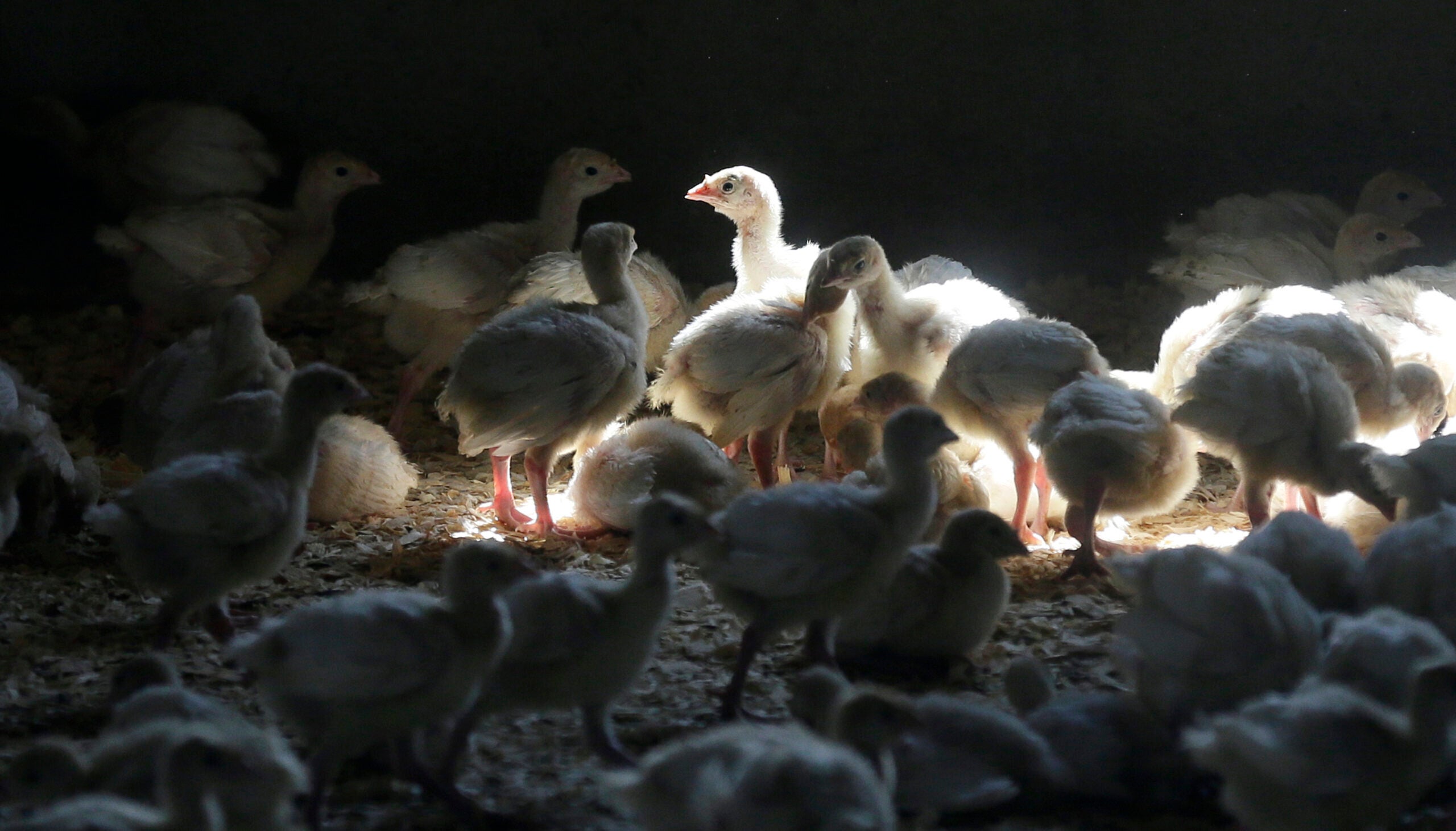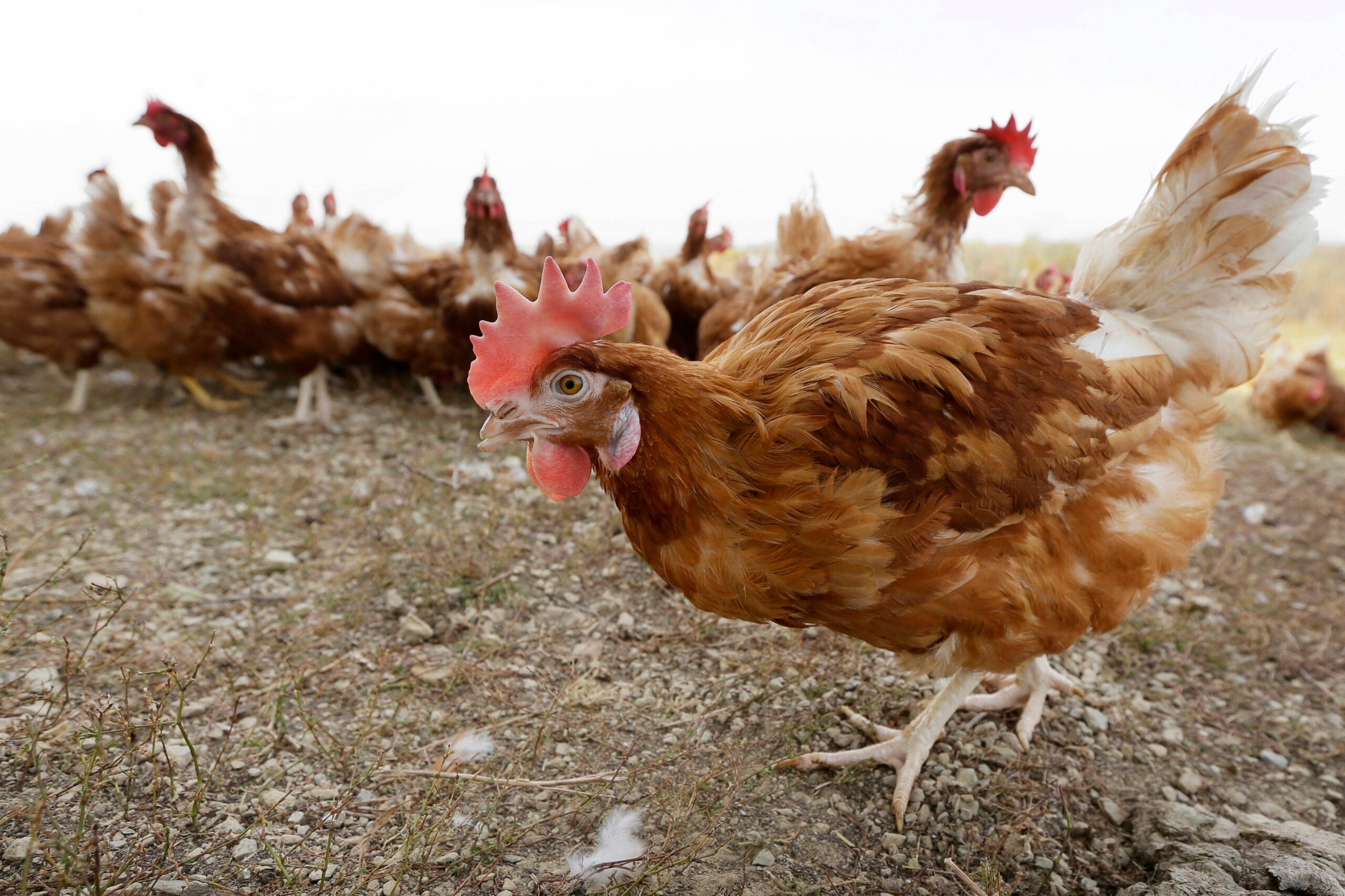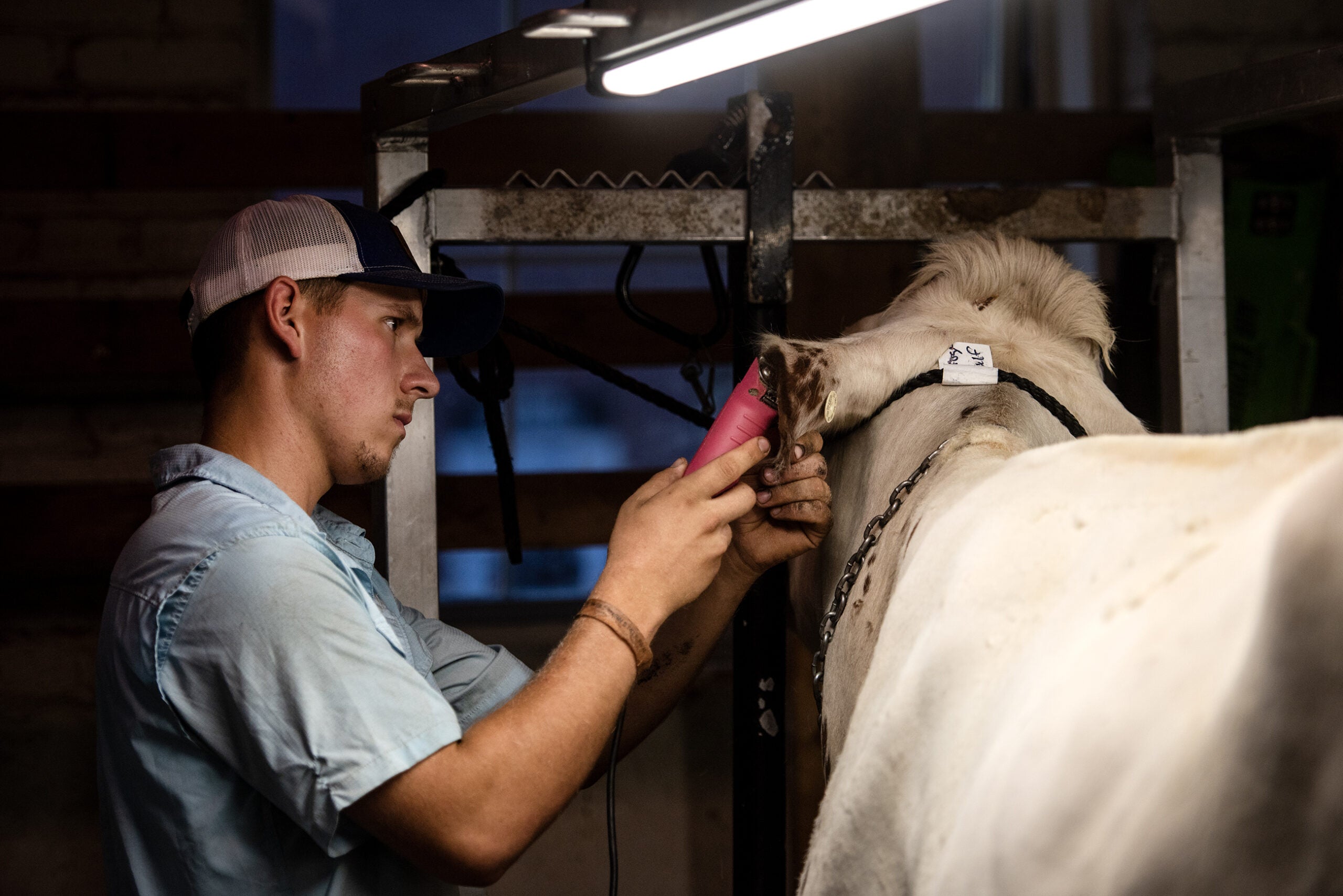As a kid, Josh Gerbitz was last in the show ring at the World Dairy Expo. This year, he is at the annual event to watch the children of a family friend show his jersey cow, Captain.
The 2-year-old cow is on a special diet and gets four baths per week in order to look her best at Expo, which brings some of the best cows in North America to Madison each fall.
But Gerbitz said the emergence of avian influenza in dairy herds across the country caused some initial concerns for himself and other Expo participants.
News with a little more humanity
WPR’s “Wisconsin Today” newsletter keeps you connected to the state you love without feeling overwhelmed. No paywall. No agenda. No corporate filter.
“(Disease is) always something we’ve had to be aware of, but there was probably a little bit of heightened awareness for it this year,” he said. “But since everyone has tested, and our cow came back negative. We felt really good about still being able to come this year. And I’m glad it didn’t do anything to hinder this show from happening.”
Wisconsin has not had a case of the H5N1 virus in dairy herds. But the avian flu has infected at least 256 herds in 14 states since it was first discovered in March.
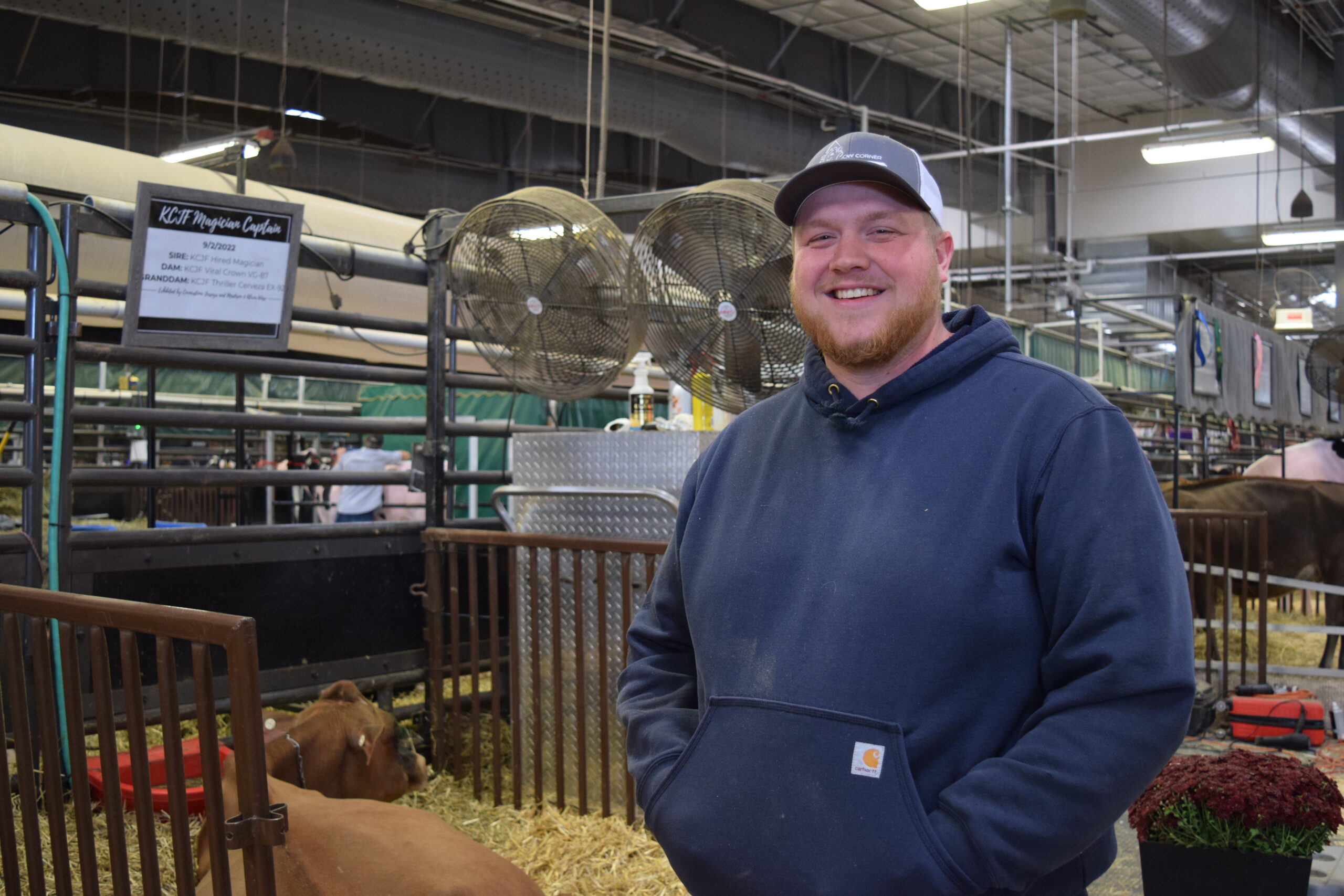
While dairy herds have not seen high mortality rates from the virus like domestic poultry have, the disease does lead to losses in milk production and has been spread to some dairy workers.
Emily Yeiser Stepp, a member of the World Dairy Expo Board of Directors, said they began discussing how the new disease in cattle could affect the event back in March. She said they worked with the federal and state agriculture departments to make sure participants were following required testing for influenza.
The World Dairy Expo had more than 3,000 entries this year, which Yeiser Stepp said is likely to be a record for the event.
“It didn’t necessarily impact the numbers to the detriment that maybe we had anticipated,” said Yeiser Stepp, who also works for the National Milk Producers Federation. “I think that’s just a huge testament to everybody kind of pulling together and working to find solutions while also protecting the animal health component.”
Keith Poulsen, director of the Wisconsin Veterinary Diagnostics Laboratory, said there has not been any evidence of flu being spread at cow exhibitions and shows across the country this summer, which he credited to testing requirements.
In addition to running the lab that does influenza testing for Wisconsin cows, Poulsen is one of veterinarians on the expo grounds keeping an eye on cow health. He said he was happy to see that participation numbers weren’t affected by fear of the virus.
“I think it’s really important that the dairy industry needs to keep moving, and then understand how can we use best practices to minimize our risk,” he said.
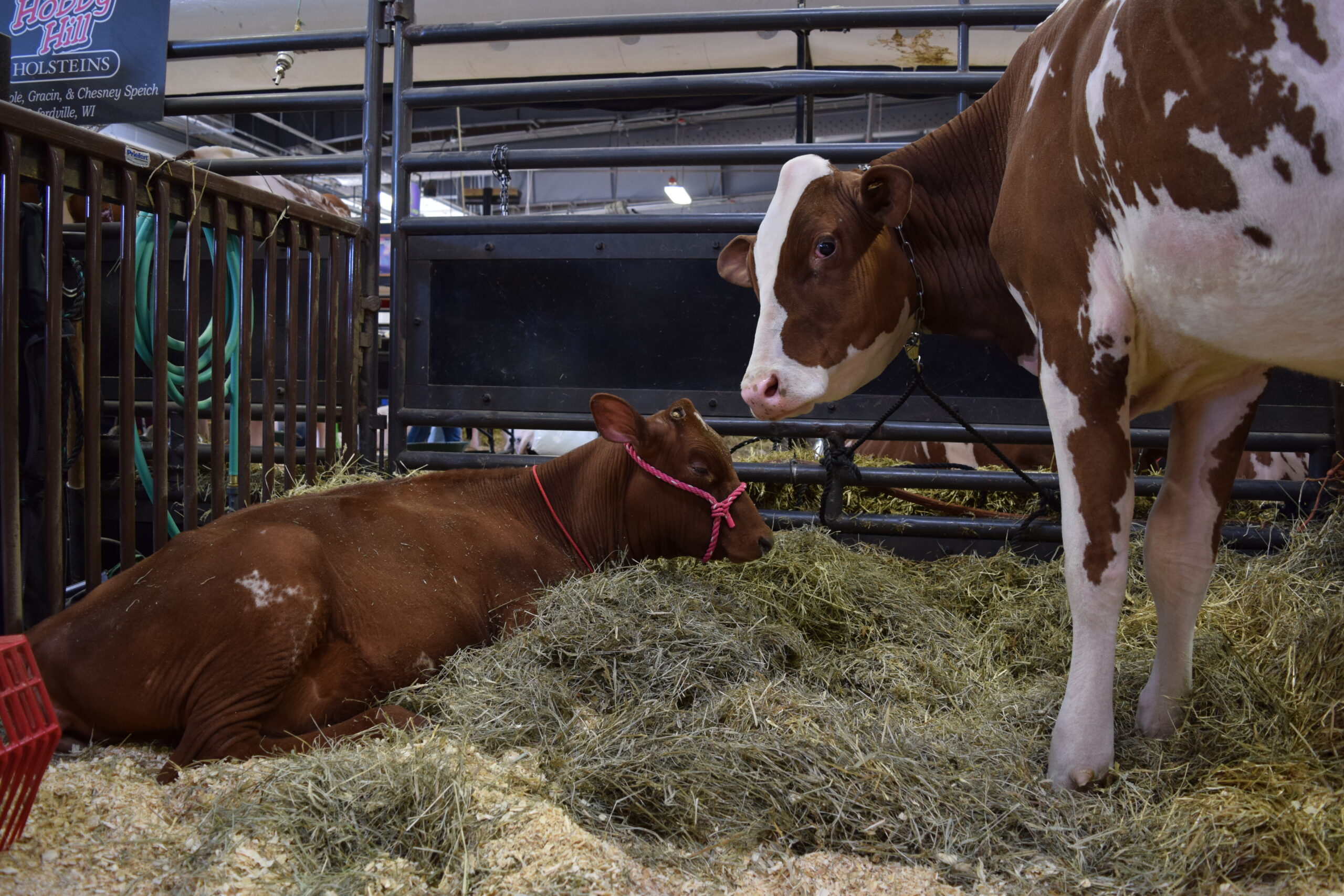
After the event, Poulsen said ongoing wastewater surveillance will monitor for avian flu in the state, in addition to tests done through the state lab. He said researchers need more data from farms to understand how the virus is spreading in other states. But many farms continue to be cautious about testing because of concerns that a positive test would hurt their business.
Yeiser Stepp said she thinks there is growing interest in collecting more data from farms that have been affected and preparing for how the industry can deal with the disease in the long term.
She said the World Dairy Expo offers an opportunity for dairy producers to rally around each other during challenging times, whether that’s due to disease or low milk prices.
“There’s this sense of being able to overcome those challenges as an industry,” she said. “Making sure that that sense of positivity is rejuvenated at this event year over year, I think is the reason people come to Expo.”
Wisconsin Public Radio, © Copyright 2025, Board of Regents of the University of Wisconsin System and Wisconsin Educational Communications Board.

